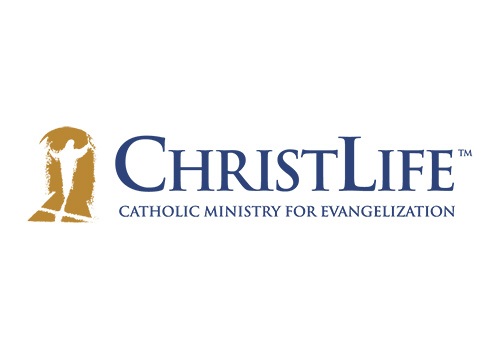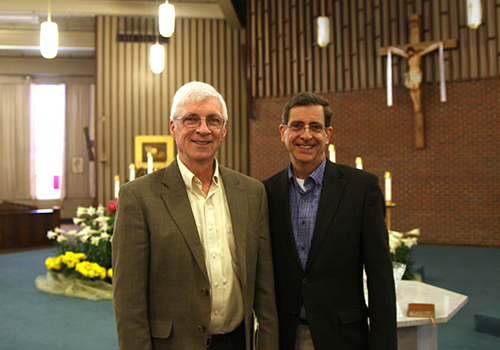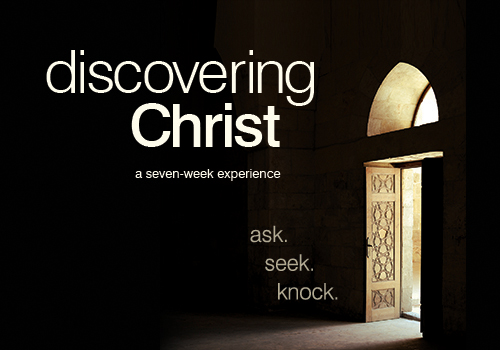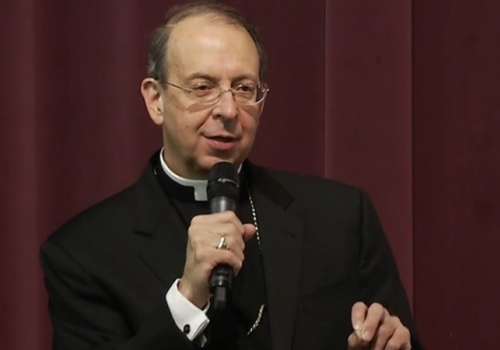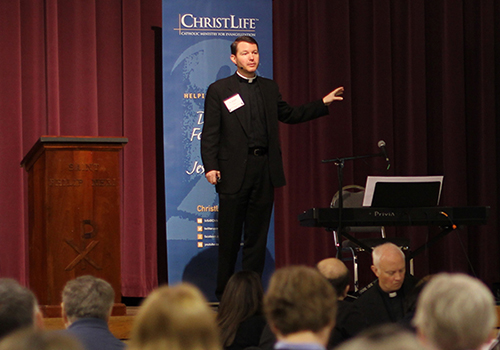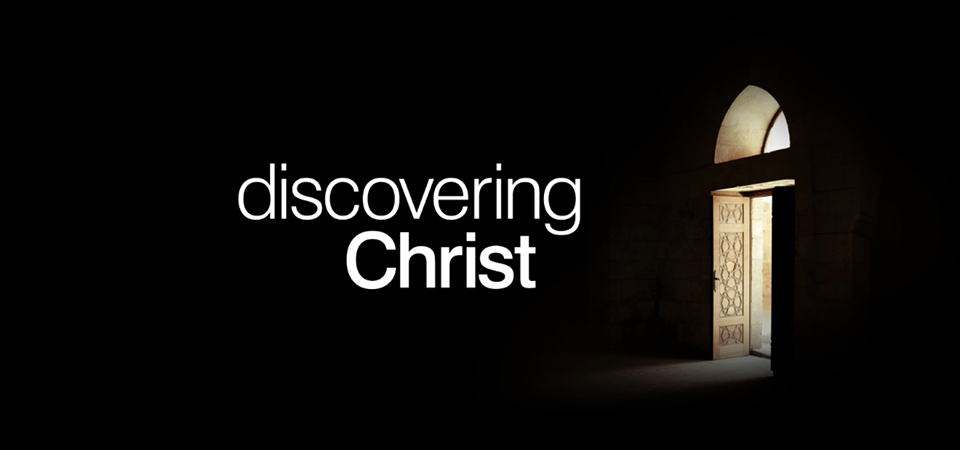
Theology and Methodology
Primary Proclamation
Understanding the Catholic Church's teaching on the process of evangelization emphasizes the absolute need for the first component of ChristLife’s evangelization process, which is Discovering Christ.
The first step in all evangelization is primary proclamation. Primary proclamation is “directed toward non-believers... [and] to those who may have been baptized but have little or no awareness of their Baptism and who consequently live on the margins of Christian life" (National Directory for Catechesis, 17). The function of primary proclamation is to proclaim the Gospel and to call to conversion, which is "accepting by personal decision the saving sovereignty of Jesus Christ and becoming his disciple” (St. John Paul II, Mission of the Redeemer, 46).
The second step in the evangelization process is initiatory catechesis. "Catechesis, distinct from the primary proclamation of the Gospel, promotes and matures initial conversion” (National Directory for Catechesis, 17).
Evangelization and Catechesis
A frequent tension exists between evangelization and catechesis, as “many who present themselves for catechesis truly require genuine conversion.” The Directory continues, “because of this the Church usually desires that the first stage in the catechetical process be dedicated to ensuring conversion” (General Directory for Catechesis, 62).
However, across the United States, the reality is that our parishes, despite running the best catechetical programs in the world, often neglect the foundational proclamation of the Gospel and the call to conversion. Furthermore, even though many forms of catechesis do assume, at least partially, a missionary objective and call participants to conversion, this “does not dispense a particular Church from promoting an institutionalized program of primary proclamation to execute more directly Jesus’ missionary command” (General Directory for Catechesis, 62).
Pope Benedict XVI touched on this point when he addressed the German bishops in August 2005:
"We must reflect seriously on how we might carry out a true evangelization today, not just a new evangelization, but often a true first evangelization. People don't know God, they don't know Christ. A new paganism is present, and it is not enough just to maintain the community of believers, although this is very important. I believe that together we must find new ways of bringing the Gospel to today's world by preaching Christ anew and by establishing the faith."
What is true first evangelization? In July 2007 Pope Benedict XVI clarified to a group of priests what the central proclamation of the Christian people should be:
"Christianity is not a highly complicated collection of so many dogmas that it is impossible for anyone to know them all; it is not something exclusively for academicians who can study these things, but it is something simple: God exists and God is close in Jesus Christ. Thus, to sum up, Jesus Christ himself said that the Kingdom of God had arrived. Basically, what we preach is one, simple thing. All the dimensions subsequently revealed are dimensions of this one thing and all people do not have to know everything but must certainly enter into the depths and into the essential. In this way, the different dimensions also unfold with ever increasing joy."
The purpose of Discovering Christ is to expose anyone and everyone – the unbaptized, non-practicing Christians, as well as practicing Catholics to “the beauty of the saving love of God made manifest in Jesus Christ who died and rose from the dead” (Pope Francis, The Joy of the Gospel, 36).
The Kerygma
Discovering Christ seeks to directly serve Jesus' missionary command and the Catholic Church by providing an institutionalized program of primary proclamation. Pope Francis stresses the priority of returning to this primary proclamation:
“We have rediscovered the fundamental role of the first announcement or kerygma, which needs to be the center of all evangelizing activity and all efforts at Church renewal. The kerygma is Trinitarian. The fire of the Spirit is given in the form of tongues and leads us to believe in Jesus Christ who, by his death and resurrection, reveals and communicates to us the Father’s infinite mercy… the first proclamation must ring out over and over: ‘Jesus Christ loves you; he gave his life to save you; and now he is living at your side every day to enlighten, strengthen and free you’” (The Joy of the Gospel, 164).
The kerygma is the proclamation of the central and core Gospel message of salvation; namely, the "clear and unequivocal proclamation of the person of Jesus Christ” (St. John Paul II, The Church in America, 66). This saving message is a radical call to conversion and the "acceptance of a personal relationship with Christ” (National Directory for Catechesis, 17).
The objective of Discovering Christ finds its expression in the second goal of the U.S. Bishops’ evangelization plan, Go and Make Disciples: "To invite every person in the United States to come to know Jesus in the fullness of our Catholic faith” (53). Discovering Christ intends to ambitiously meet this goal by equipping Catholic individuals and parishes with a simple set of tools to explicitly invite others to hear and embrace the Gospel.
ChristLife views conversion to Jesus Christ as taught in Discovering Christ as an essential element and foundation of any faith community. We see this course and the entire ChristLife process as providing Catholic parishes and small faith communities with a concrete and foundational response to the call to a new evangelization.

